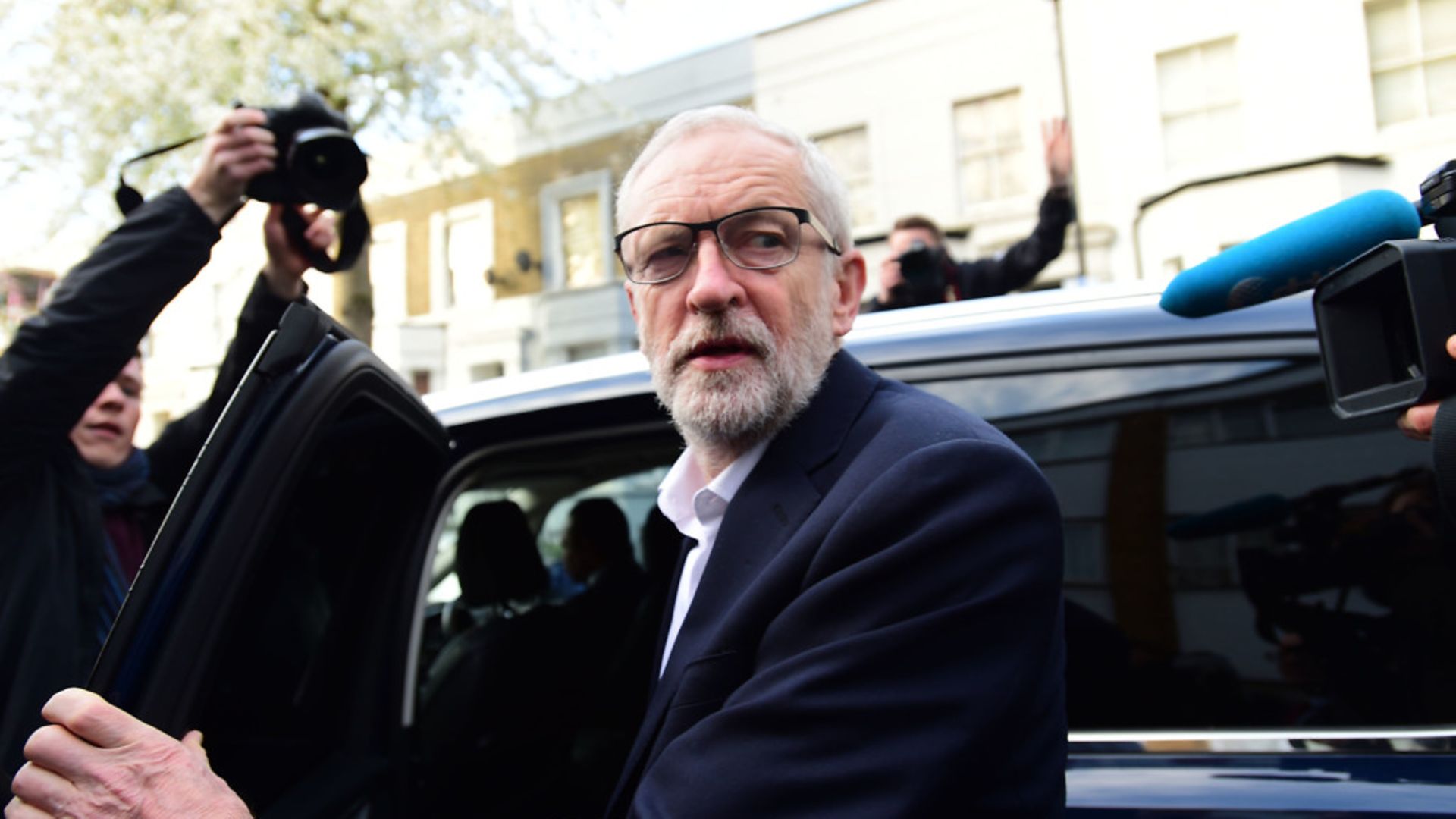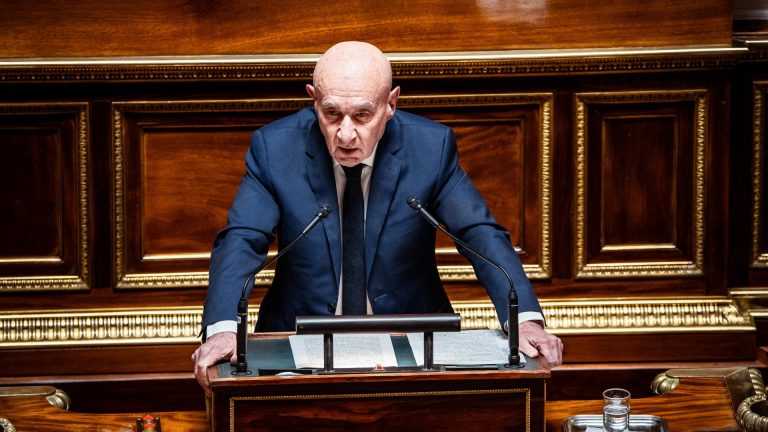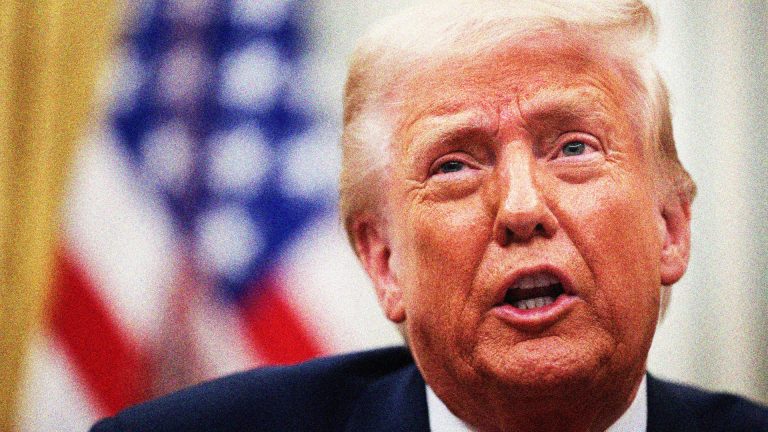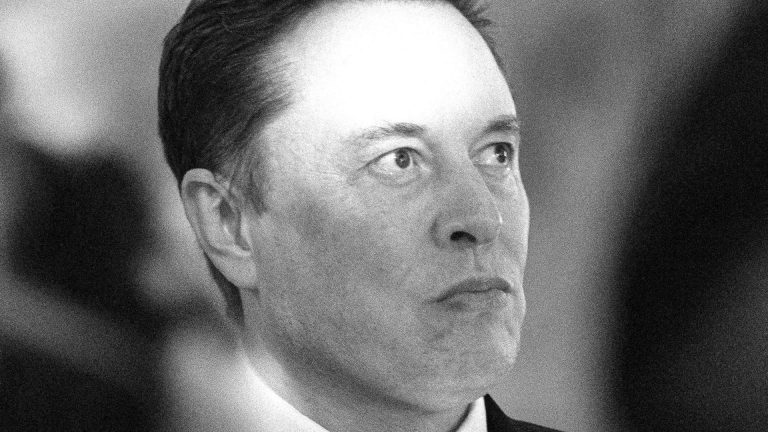After many years in the doldrums, Labour is finally leading opinion polls against Boris Johnson’s troubled Conservative government. The revelation of a seemingly endless series of lockdown-busting drinks parties in Downing Street as Britons died alone due to strict anti-Covid measures has not been a good look.
Even if the bumbling, boosterish, damaging prime minister is still not yet on the ropes, he has been bloodied.
So what should a Tory-hating former Labour leader do now? Obviously, form a new left-wing party that could split the anti-government vote.
According to the Daily Telegraph, Jeremy Corbyn is pondering whether to create a political party out of his socialist Peace and Justice Project (PJP).
The 72-year-old is said to have all but given up hopes of having the Labour whip reinstated after it was removed for his dismissive attitude to the party’s anti-semitism crisis. Currently, Corbyn cannot use the Labour banner to fight for the North Islington seat and the MP’s job he has held since 1983.
Some have found possible benefits to Labour from a Corbyn party. That it might siphon off the hardline Marxists and conspiracy theorists, and give Keir Starmer a better chance of unifying what remains. That it could perform a useful role as a pressure group for socialist policies. But for that to be effective, Starmer would have to win.
Corbyn failed to lead Labour to victory in two general elections and was also in charge – albeit as a suspected closet Red Brexiteer, although he has always said he voted Remain – when the right-led Leave campaign won the EU referendum.
So the new party – if it happens – may not worry Starmer unduly. Since winning Bradford West in a 2012 by-election, Corbyn supporter George Galloway has lost four straight Westminster contests to his own party. Corbyn may remain very popular in Islington, but the party could call candidates like former shadow minister Mary Creagh, a local councillor for seven years who once ran Corbyn’s constituency office before moving on to become MP for Wakefield.
Creagh was among those to lose their seats when the Conservatives romped home in Labour’s northern Red Wall seats in 2019. “It was his leadership and his failure to tackle anti-semitism [and] bullying in our party that led to this defeat,” she has said.
Even Corbyn’s erstwhile allies, John McDonnell and Diane Abbott are not said to be interested in joining a party that’s likely to be even less fun than one of the Conservatives’ shoddy BYOB affairs.
And yet. Corbyn wasn’t seen as a potential electoral winner when he was first nominated for the Labour leadership in 2017 – oh how pundits joked when he put his “Russian” hat in the ring. Until the “joke” candidate won.
Even if he doesn’t succeed, anyone also familiar with Piers Corbyn will know this: a Corbyn always has potential for causing trouble. If he were to campaign, an exiled Corbyn Redux running as a martyr could dilute whatever hard-earned party message Starmer eventually pushed out to the electorate.
Labour is beginning to eye Tory marginals, but it has plenty of its own – ten seats with a majority under 1,000, ten more with a majority under 2,000. A new Corbyn party would inevitably hoover up some of those votes – enough, perhaps, to make the difference between a majority and minority Labour government, or even enough to keep Johnson or a successor in Downing Street.
Corbyn could also open old wounds. Leavers hail Brexit as the factor that produced their 2019 near-landslide, but exit polls showed Corbyn was personally toxic, partly over the anti-semitism row. The depth of feeling can be keenly felt in the testimonies of people like former MP Luciana Berger. In interviews about the affair, she has spoken of the death threats, rape threats, and threats to throw acid at her by people claiming to be Corbyn supporters. “I’ve managed to come out on the other side… There are other [party members] for whom this has taken an unimaginable toll; they’re unable to work, or suffer in their relationships.”
And at a time when democratic norms are under assault from a new breed of rule-disregarding Teflon Tories, with fragmented opposition parties already under pressure to form alliances to unify the anti-government votes, can any new, vote-splitting party be good news – even when it is the True And Fair Party, which Remain heroine Gina Miller will launch later this week, with a platform to “advocate for vital changes to the practice and machinery of government”?
Even without parliamentary seats, small rebel parties can sometimes lead to profound change. UKIP, anyone? David Cameron’s tilts to the right (leaving the European People’s Party; the ludicrously undeliverable net migration target; the EU referendum) were borne out of fears over losing votes to a party he had not long before dismissed as full of loonies and fruitcakes.
It might just be better and simpler for Corbyn to retreat into graceful retirement. Or, he could just choose an even easier option. Like the fuss over whether vaccine-sceptic Novak Djokovic could enter Australia or not, a whole lot of hassle could be avoided if the man at the centre of the fuss just did the one thing most other people would have done in his place.
In Corbyn’s case, he could just apologise for dismissing anti-semitism and leave the next move to Labour.








